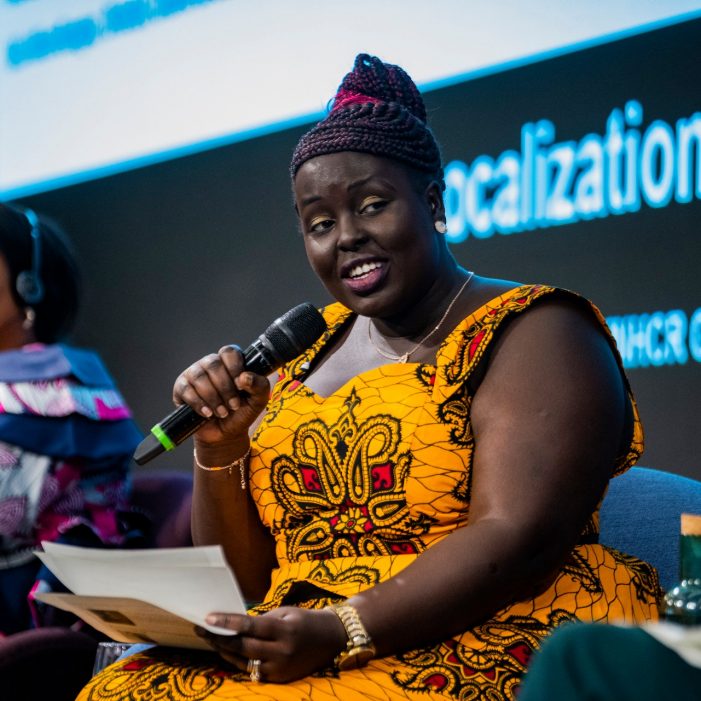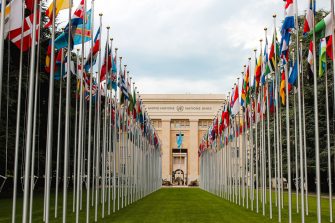Advancing meaningful refugee participation
This project provides an in-depth analysis of the legal and policy framework governing the participation of refugees in decision-making processes.

The challenge
It is an unfortunate reality that many refugees today are not consulted or included in key decision-making processes that affect them. Whether it is in relation to the development of laws and policies, the transfer of refugees from one jurisdiction to another, or the implementation of programs and services, refugees are often excluded from decisions that materially impact their human rights.
This exclusion has real-world consequences. It undermines refugees’ agency and dignity and compromises democratic notions of good governance. It also can result in inefficient and inappropriate protection responses.
Working collaboratively with refugee leaders and other stakeholders, this project aims to build a much-needed evidence base to inform the design and development of effective law and policy mechanisms for meaningful refugee participation in decision-making processes – both in Australia and internationally.
We are grateful to the Gerda Henkel Stiftung and Act for Peace for their support for this project.
Project highlights
We are currently working in partnership with key stakeholders to help recentre refugees in law and policy discussions and advance meaningful refugee participation both domestically and abroad.
In 2023, we co-led the development of new multi-stakeholder Guidelines on Co-produced Research with Refugees and Other People with Lived Experience of Displacement, opens in a new window. These Guidelines build on extensive consultation and are a key resource for anyone with an interest in co-produced research, such as universities, governments, donors, ethics review committees, NGOs, intergovernmental organisations and community groups that may be involved in or impacted by the research. These guidelines are also available in Arabic, opens in a new window, French, opens in a new window and Spanish, opens in a new window.
We have also launched a first-of-its-kind Displaced Scholars Mentoring Program, opens in a new window to support early-career scholars who have experienced displacement and are researching in the field of refugee and forced migration studies to pursue their academic and professional goals. Forty-five scholars from around the world received mentoring as part of this program in 2023.
Watch: Guidelines for Co-producing Research with Refugees and Other People with Lived Experience of Displacement. Najeeba Wazefadost and Tristan Harley step through key considerations for any stakeholders involved.
Our work
Our work seeks to inform and impact the design and development of law and policy mechanisms for meaningful refugee participation in decision-making processes. In particular, we are researching:
the scope of current legal duties on states and international organisations to consult with or include refugees in decisions that directly affect them
how and to what extent refugees have been able to participate in different decision-making areas in practice to date, and
potential reform options that could improve the legal and policy framework relating to refugee participation in both the short and long term.




